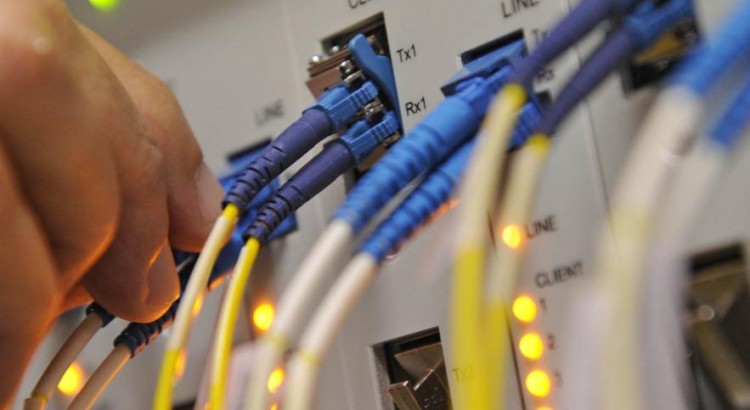For a small fee, nbn could allow small service providers tap into its transit network to drive up backhaul market competition
nbn, the company responsible for building the National Broadband Network, has reportedly been working with smaller service providers in developing a so-called “AVC trunking” service.
Currently, service providers are required to connect their network with nbn‘s 121 points of interconnect located around Australia in order to service all of Australia. This puts smaller service providers who do not have existing backhaul networks at a big disadvantage.
This AVC trunking project aims to allow smaller Tier 2 service providers to take advantage of nbn‘s inter-POI (point of interconnect) transit network by paying a small fee to terminate Access Virtual Circuits (AVCs) from smaller or more remote Points of Interconnect to larger depots located in capital cities.
ACCC seeks feedback from small providers
The Australian Competition and Consumer Commission (ACCC) has interviewed a number of small service providers to obtain feedback regarding nbn‘s AVC trunking project. It’s understood that feedback from small service providers has been overwhelmingly positive.
Paul Rees, Managing Director of the ISP SkyMesh, has noted on Whirlpool Broadband Forums that: “Unless the ACCC approves this scheme, or the larger providers start offering backhaul at realistic prices, we’ll never make it to Tasmania, the Northern Territory or far north Queensland. If the ACCC is serious about maintaining competition on the nbn™ network, they will approve [CVC Trunking].”
A consolidated backhaul market
When the NBN was first established, NBN Co had preferred a 7+7 Point of Interconnect model where service providers would connect to major interconnection points in capital cities to service an entire state. However, after lobbying from major backhaul monopoly providers from the likes of Telstra and Optus — the ACCC favoured a dispersed 121 Point of Interconnection model.
Since the ACCC decision, major acquisitions by TPG and M2 have resulted in significantly reduced competition in the backhaul market. Most notably, TPG’s acquisition of PIPE Networks and AAPT, plus the recent Vocus-M2 merger sees almost all major backhaul providers aligning with a company with a consumer retail front. This could allow the companies to increase wholesale backhaul costs to their competitors to lock out retail competition.
By opening up nbn‘s inter POI transit network to the AVC trunking project, it could drive backhaul competition especially to regions with less transit competition such as Tasmania and Northern Territory. The implementation of any such project would be subject to approval by the ACCC.
